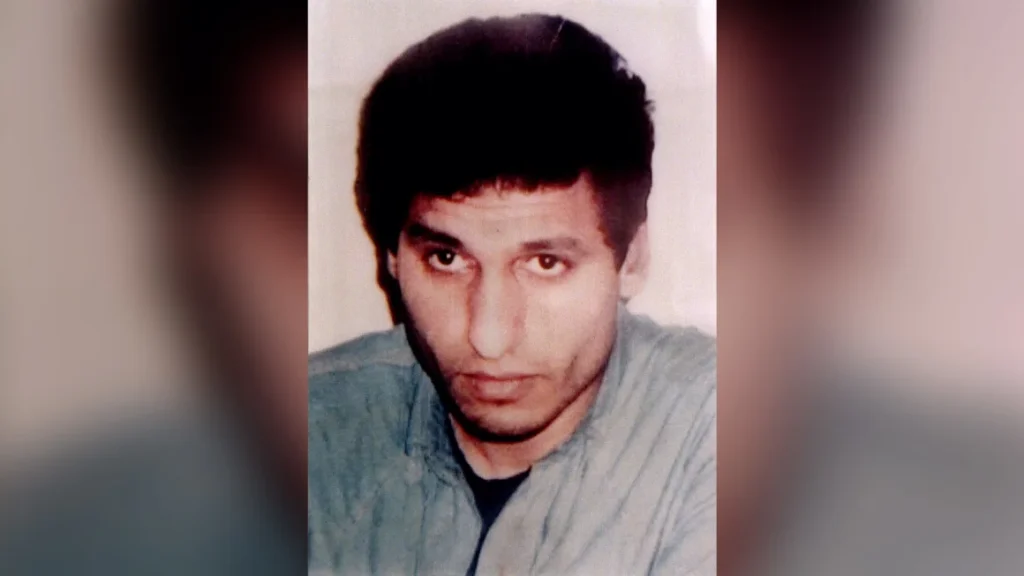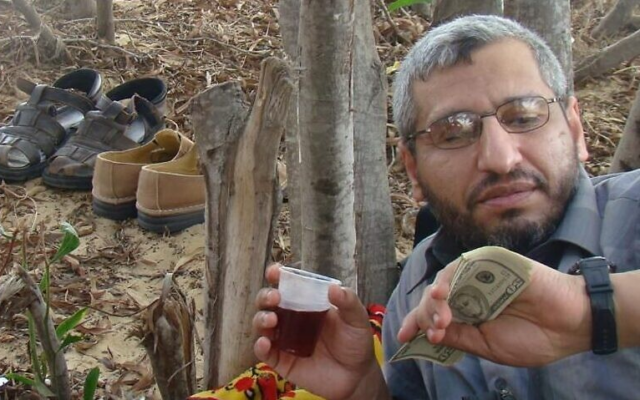In a dramatic escalation of the ongoing Israel-Hamas conflict, the Israeli Defense Forces (IDF) have confirmed the death of Mohammed Deif, the top military commander of Hamas. The confirmation follows a targeted airstrike on July 13, 2024, in Khan Younis, southern Gaza, a strike that Israel claims successfully eliminated one of the architects of the October 7 attacks on Israeli soil.
Details of the Strike: The IDF’s recent announcement comes after an intense period of uncertainty. The airstrike, which hit a compound in Khan Younis, reportedly also killed another senior Hamas figure, Rafe Salama. The operation has been described by Israeli officials as a “precise, targeted strike,” but it resulted in significant collateral damage, including the deaths of at least 90 Palestinian civilians. This airstrike occurred in a designated humanitarian zone, adding to the controversy and humanitarian concerns surrounding the incident.
Impact and Reactions: The death of Mohammed Deif marks a notable development in Israel’s ongoing military campaign against Hamas. Deif, who has eluded capture for decades, was a key figure in planning and executing attacks against Israel. His death is seen by Israeli authorities as a major strategic victory. Israeli Defense Minister Yoav Gallant praised the operation as a “significant milestone” in the efforts to dismantle Hamas’s military capabilities.

However, the confirmation of Deif’s death comes at a time of heightened regional tensions. The day before the IDF’s announcement, Hamas political leader Ismail Haniyeh was assassinated in Tehran, an act that Iran has blamed on Israel. This event has intensified fears of potential retaliatory actions from Iran and its regional allies, further complicating an already volatile situation.
Hamas’s Response: As of now, Hamas has not officially confirmed Deif’s death. Izzat al-Rashq, a member of the Hamas political bureau, has stated that only the Al Qassam Brigades, Hamas’s military wing, can confirm such news. The lack of an official statement from Hamas leaves room for speculation and uncertainty regarding the full implications of this development.
Humanitarian Concerns: The IDF’s strike in Khan Younis has drawn criticism due to its impact on civilians. Reports from the region indicate widespread destruction and a rising humanitarian crisis. The UN and various human rights organizations have called for an investigation into the civilian casualties and the conditions in which the airstrike was conducted.
Conclusion: The killing of Mohammed Deif is a significant event in the Israel-Hamas conflict, representing both a tactical victory for Israel and a potential catalyst for further escalation. As the situation continues to evolve, the international community remains on high alert for any signs of retaliation or further conflict.
Stay Updated: For the latest updates on this developing story and more in-depth analysis, follow QuickPost.News and stay tuned to our comprehensive coverage of the Israel-Hamas conflict.



























